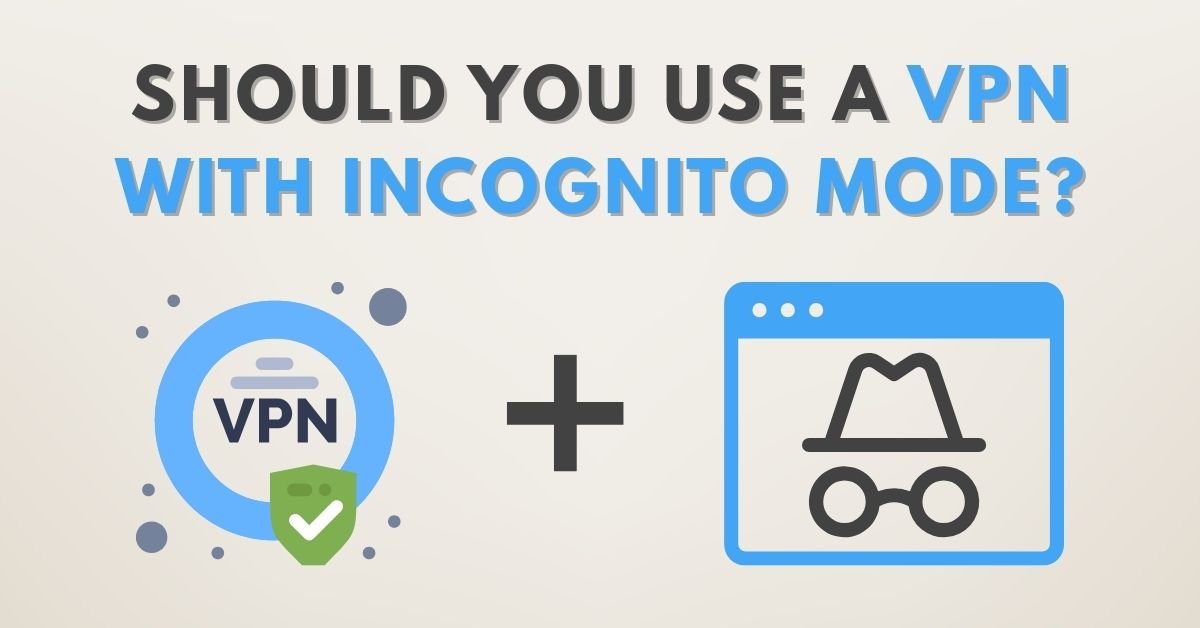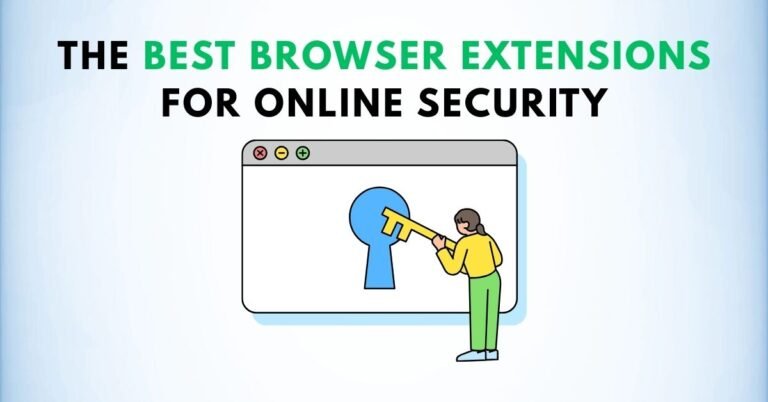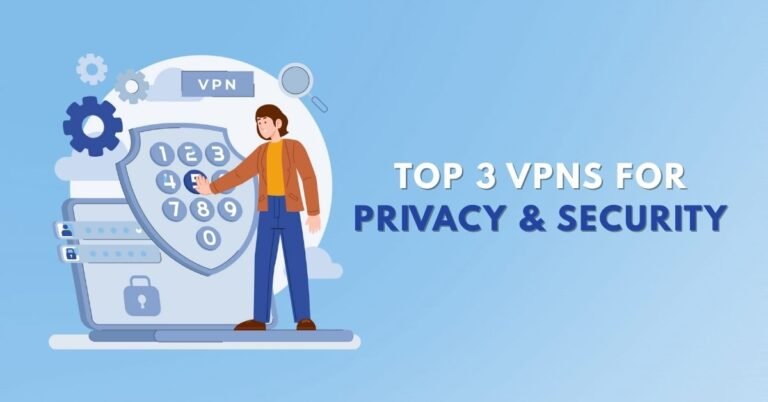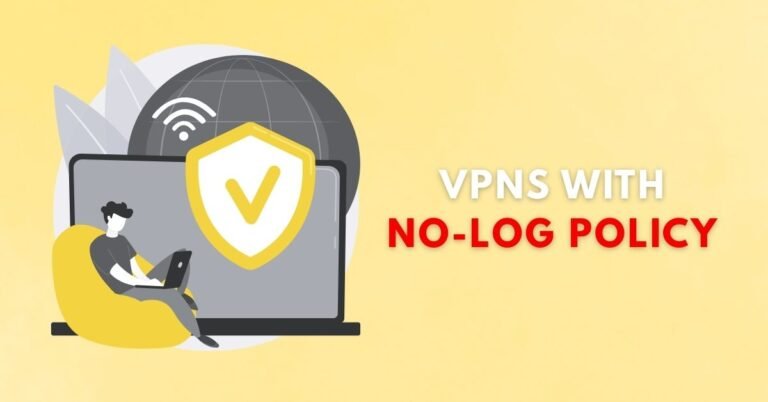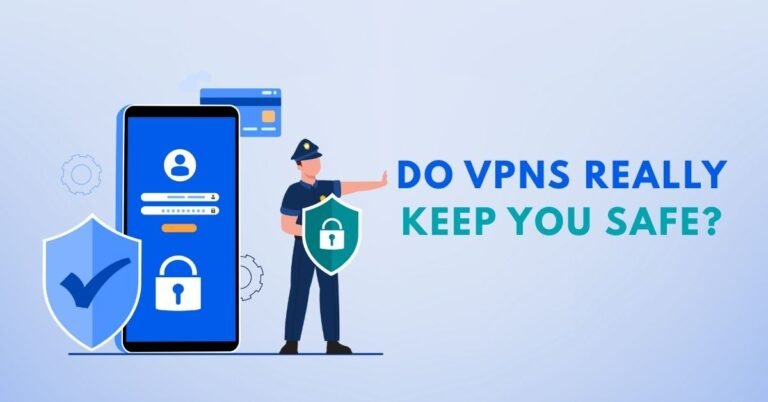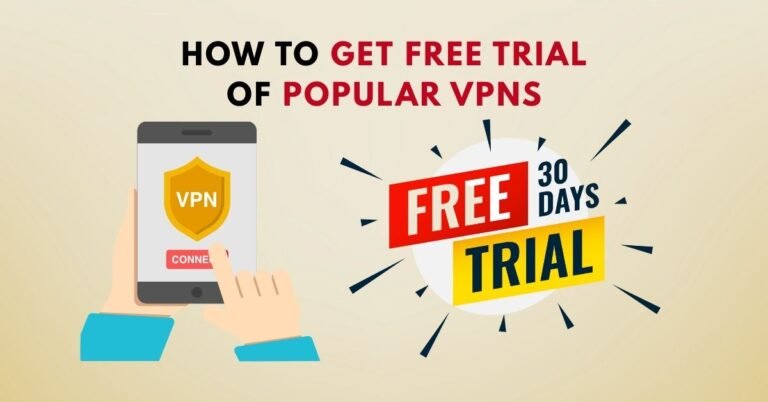Should You Use a VPN with Incognito Mode?
In a world where your online privacy is constantly under threat, it’s important to understand the tools at your disposal — and how they actually work. Two commonly used methods to browse the web more privately are Incognito Mode and Virtual Private Networks (VPNs). But here’s the question:
Should you use both together? Or is one enough?
In this detailed guide, we’ll break down the myths and facts about Incognito Mode, what a VPN really does, and whether combining the two is necessary — or just overkill.
Table of Contents
- What Is Incognito Mode?
- What Does Incognito Mode Hide (and What It Doesn’t)
- What Is a VPN and How Does It Work?
- VPN vs. Incognito Mode – Key Differences
- Should You Use a VPN with Incognito Mode?
- Pros and Cons of Using Both
- Use Cases: When to Use VPN Alone vs With Incognito
- Common Myths About Incognito & VPN
- Final Verdict: VPN + Incognito — Smart or Redundant?
- FAQs
What Is Incognito Mode?
Most modern browsers — Chrome, Firefox, Edge, Safari — offer a “private browsing” or “incognito” mode that disables local history recording.
But what does that really mean?
When you open an incognito tab:
- Your browsing history is not saved
- Cookies and site data are deleted once you close the tab
- Extensions are often disabled
- Autofill and form data aren’t recorded

However, Incognito Mode does NOT hide your IP address, encrypt your traffic, or prevent tracking by your Internet Service Provider (ISP), employer, or government.
What Does Incognito Mode Hide (and What It Doesn’t)
✅ What Incognito Does Hide:
- Local browsing history
- Cookies and site data (after the session)
- Searches from appearing in browser history
- Auto-saved passwords or autofill form entries
❌ What Incognito Doesn’t Hide:
- Your IP address
- Your location
- Your online activity from your ISP
- Tracking by websites, advertisers, or network admins
- Downloads and bookmarks (these remain)
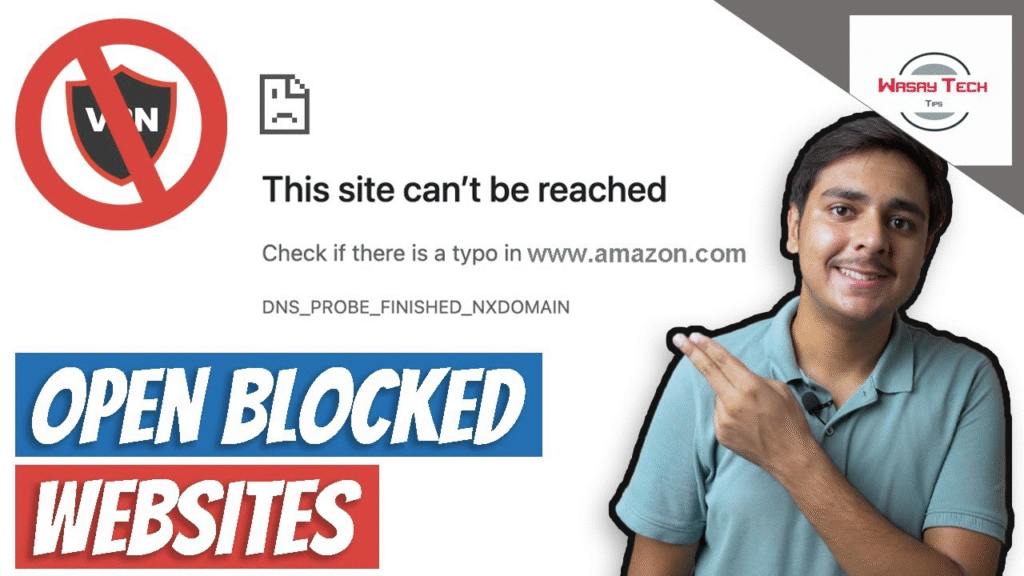
That’s where a VPN comes in.
What Is a VPN and How Does It Work?
A VPN (Virtual Private Network) is a powerful tool for online privacy. It encrypts your internet traffic and masks your IP address by routing it through a secure remote server.
A VPN Can:
- Hide your real IP address
- Make you appear to be browsing from another country
- Encrypt your internet data so even your ISP can’t track you
- Allow access to geo-blocked content
- Bypass censorship or firewalls

TL;DR:
- Incognito = Private locally
- VPN = Private globally
VPN vs. Incognito Mode – Key Differences
| Feature | Incognito Mode | VPN |
|---|---|---|
| Hides browsing history | ✅ | ✅ (indirectly) |
| Hides IP address | ❌ | ✅ |
| Encrypts data traffic | ❌ | ✅ |
| Hides activity from ISP | ❌ | ✅ |
| Prevents ad tracking | ❌ | ✅ (to a certain extent) |
| Local anonymity | ✅ | ✅ |
| DNS leak protection | ❌ | ✅ (with a good VPN) |
Should You Use a VPN with Incognito Mode?
Short Answer: Yes, in most cases.
Using both tools together gives you local privacy (Incognito) and network-level security (VPN). While neither is perfect alone, combining them strengthens your online privacy — especially on:
- Public Wi-Fi
- Shared or work devices
- Sites you don’t trust
- Browsing in restricted regions
Pros and Cons of Using Both
✅ Benefits:
- No local traces + encrypted data
- Avoid auto-fill and stored cookies
- Better protection on shared computers
- Helpful for journalists, travelers, and activists
- Peace of mind when accessing sensitive websites
❌ Drawbacks:
- Slightly slower internet due to VPN encryption
- Requires a reliable VPN (free VPNs may log data)
- Not 100% anonymous (websites can still fingerprint you)
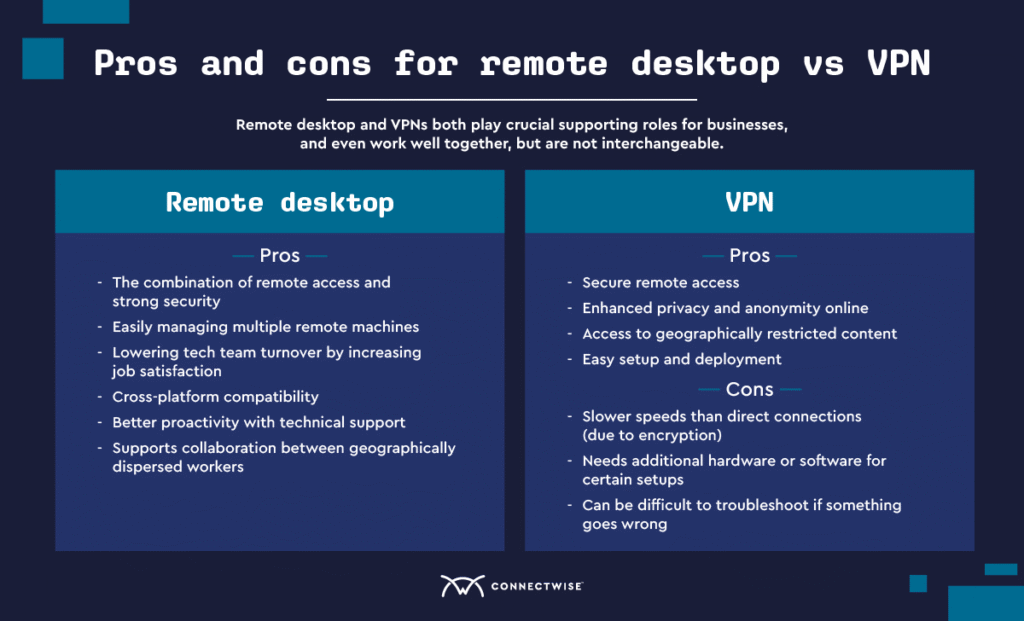
Use Cases: When to Use VPN Alone vs With Incognito
➤ Use VPN Only When:
- You want to stream content from another country
- You’re downloading via torrent/P2P
- You want your entire device to be protected
- You’re gaming or video conferencing (where cookies don’t matter)
➤ Use Both VPN + Incognito When:
- Using public/shared devices
- Avoiding local browser tracking
- Accessing adult, sensitive, or banking websites
- You want to ensure maximum session privacy
Common Myths About Incognito & VPN
❌ Myth #1: “Incognito makes me anonymous online.”
Truth: It only hides browsing from your local device — not from websites, ISPs, or authorities.
❌ Myth #2: “VPNs are illegal.”
Truth: VPNs are legal in most countries. But how you use them matters.
❌ Myth #3: “My ISP can’t see anything when I use Incognito.”
Truth: Your ISP sees every request unless your data is encrypted by a VPN.
❌ Myth #4: “Free VPNs are fine for casual use.”
Truth: Many free VPNs log your data, show ads, or leak IP addresses. Use a reputable paid VPN.
Final Verdict: VPN + Incognito — Smart or Redundant?
Combining a VPN with Incognito Mode is not redundant — it’s smart digital hygiene.
While Incognito protects your session data locally, only a VPN protects your data on the network level. If you’re serious about privacy, using both gives you a layered defense against surveillance, tracking, and data leakage.
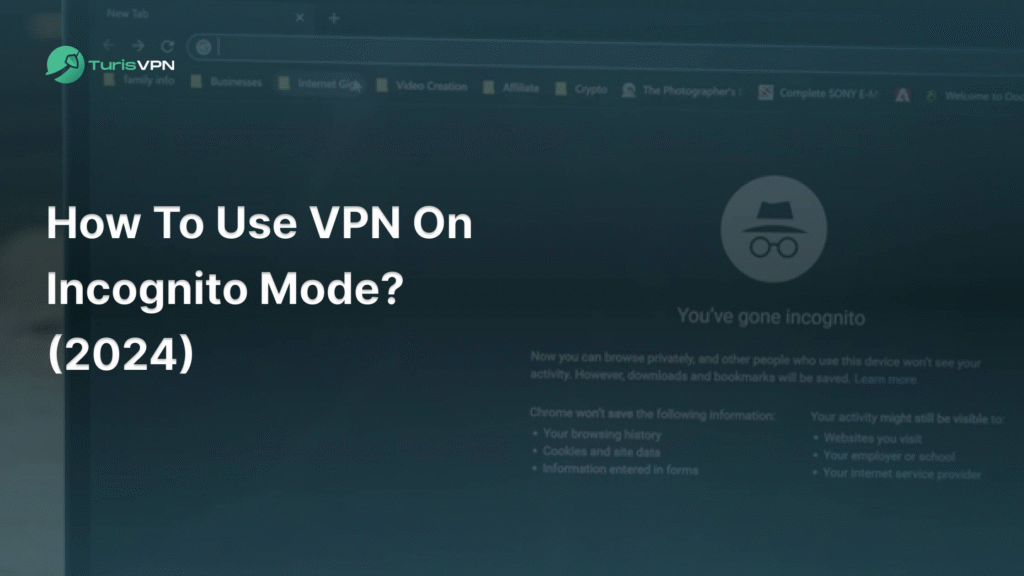
Frequently Asked Questions (FAQ)
1. Does Incognito Mode hide my IP address?
No. It only hides your local history. Your IP is still visible to websites and your ISP.
2. Is using a VPN with Incognito overkill?
Not at all. It’s a great privacy combination, especially when using public Wi-Fi or shared devices.
3. Can websites still track me in Incognito?
Yes. Websites can use fingerprinting, IP tracking, and other methods. A VPN helps prevent that.
4. Will using both slow down my connection?
A VPN may cause a slight speed drop, but Incognito Mode has no impact on speed.
5. Is there a browser that offers both VPN + Incognito by default?
Yes. Browsers like Opera have built-in VPNs, but for full protection, a standalone VPN is more reliable.
Final Thoughts
Online privacy isn’t about choosing one tool over another — it’s about using the right combination. Incognito Mode is useful but limited. A VPN is powerful but doesn’t clear local data.
Together, they’re stronger. If you care about security and privacy, especially in today’s surveillance-heavy web, there’s no downside to using both.

